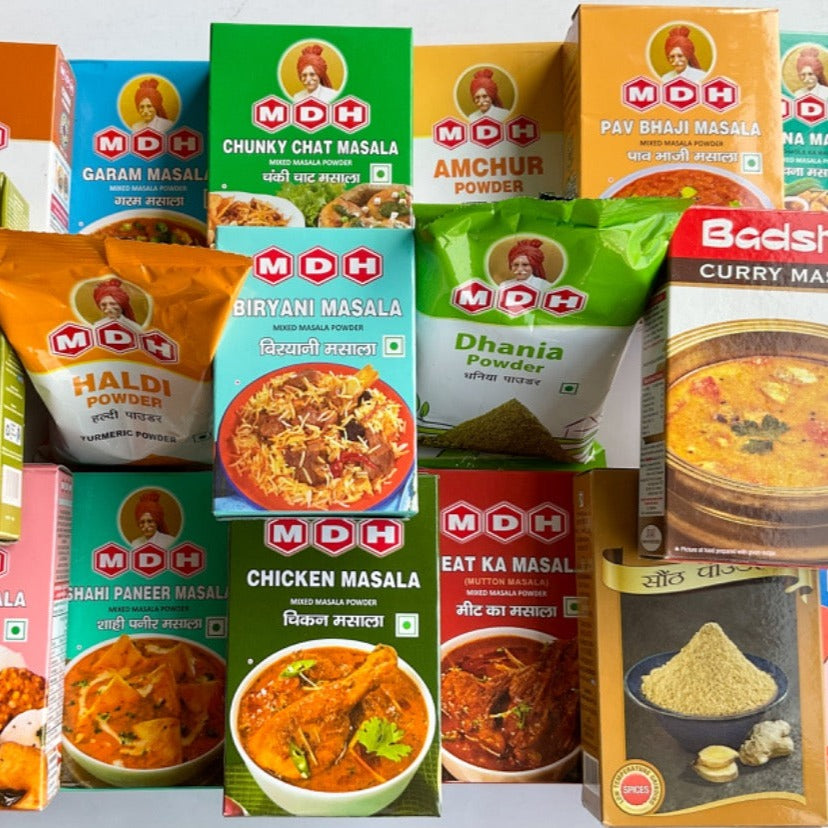“India Expands Investigation into Spices Amid Rising Contamination Concerns”

India’s food safety regulator has taken proactive measures by ordering testing and inspections at all companies producing spice mixes, further widening an investigation into the sector amidst growing concerns about contamination.
This decision comes in the wake of global regulators examining suspected contamination in two prominent Indian brands, MDH and Everest.
Hong Kong recently suspended sales of three spice blends from MDH and one from Everest, while Singapore issued a recall for an Everest mix due to high levels of ethylene oxide, a substance deemed unfit for human consumption and associated with cancer risks.
Despite assurances of safety from the companies, both U.S. and Australian food authorities are gathering more information on the matter.
India had previously ordered testing of the two brands’ products, and the regulator has now extended its scrutiny to include all manufacturers of powdered spices, particularly those producing curry powders and mixed spice blends for both domestic and international markets.

The Food Safety and Standards Authority of India (FSSAI) emphasized that each sampled product would undergo analysis for compliance with quality and safety standards, with a specific focus on detecting ethylene oxide.
Notably, the use of ethylene oxide is banned in India, and appropriate actions will be taken based on the testing results. India, being the largest exporter, producer, and consumer of spices globally, holds a significant stake in the spice market, valued at $10.44 billion domestically in 2022.
Besides MDH and Everest, other major players in the industry include Madhusudan Masala, NHC Foods, Tata Consumer Products, and ITC. However, none of these companies have responded to requests for comment. The Spices Board reported spice exports worth $4 billion in 2022-23.
Nonetheless, rising global scrutiny poses a significant risk to India’s spice exports, with the potential for a “dramatic downturn” if other countries follow suit in implementing stringent measures, as highlighted by the Global Trade Research Initiative.
Author:- Apoorva Arora
